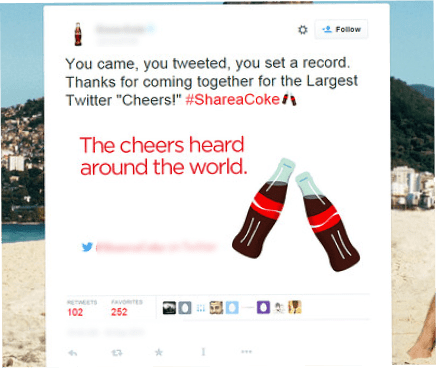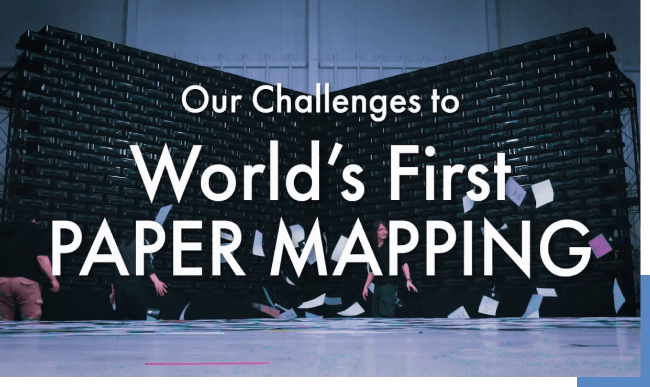- What are the main objectives of public relations?
Public relations has four main objectives: creating brand awareness, building credibility in the public eye, maintaining positive relationships, and influencing attitudes toward a brand. Strategies to efficiently and effectively achieve these objectives rely on good communication practices and the right communication channels. Once achieved, these objectives go a long way toward maintaining a competitive edge and a stellar reputation in the industry.
- What are the 4 P’s of public relations?
The 4 P’s of public relations are publicity, public perception, promotion, and persuasion. These four elements are closely tied to the practice of public relations. They create an approach that helps campaigns run seamlessly and elevate their effectiveness.
Publicity is about communicating messages to the public, which helps increase brand recognition and awareness. What follows is public perception, how people view your brand image, and what they think about it. Based on their perception and your brand’s reputation, promotion helps elevate this image and build on brand awareness to reach new audiences. Persuasion, one of the most crucial factors, is implemented within the communication process. This determines how the audience perceives your message and how they will respond to it.
- Why do you need a public relations strategy?
Effective strategies are essential for any successful business. Public relations strategy, when implemented correctly, can produce benefits for the sustainability of your business. This includes, but is not limited to, credibility for your brand in the public perception, a strong influence on customers’ purchasing decisions. Your products and services will be preferred when your business has a strong presence and good reputation. This ultimately leads to opportunities for growth, expansion, and an increase in profits.
- How does public relations differ from advertising?
Advertising differs from public relations in a variety of aspects. The first is the strategy behind the two. While advertising’s end goal is to generate more revenue for a business, public relations seeks brand awareness and reputable perception. The two focus on influencing customers’ purchasing decisions, but they have two different strategies and timelines to achieve that. For public relations, success is determined by the credibility its strategy has built over a long period, gaining the trust of the target audience. On the other hand, success in advertising is determined by gaining exposure and generating sales.
- What does public relations focus on?
Public relations focuses on the relationship of your brand with stakeholders. It aims to engage, influence, and maintain a positive reputation in the public eye. This may entail anticipating public opinions and attitudes to any issues that may arise in the status quo. Public relations focuses on communication and its effective practices in the messages conveyed to target markets. This includes managing the course of action, dealing with crisis communications, and analyzing potential ramifications with the brand’s credibility and reputation in the center.
A positive reputation is a valuable asset. You deserve to be in control of what the internet says about you or your brand. We specialize in building, monitoring, and protecting digital reputations. Schedule time with our team to audit your existing digital presence and find ways to elevate and enhance your online impression.

















